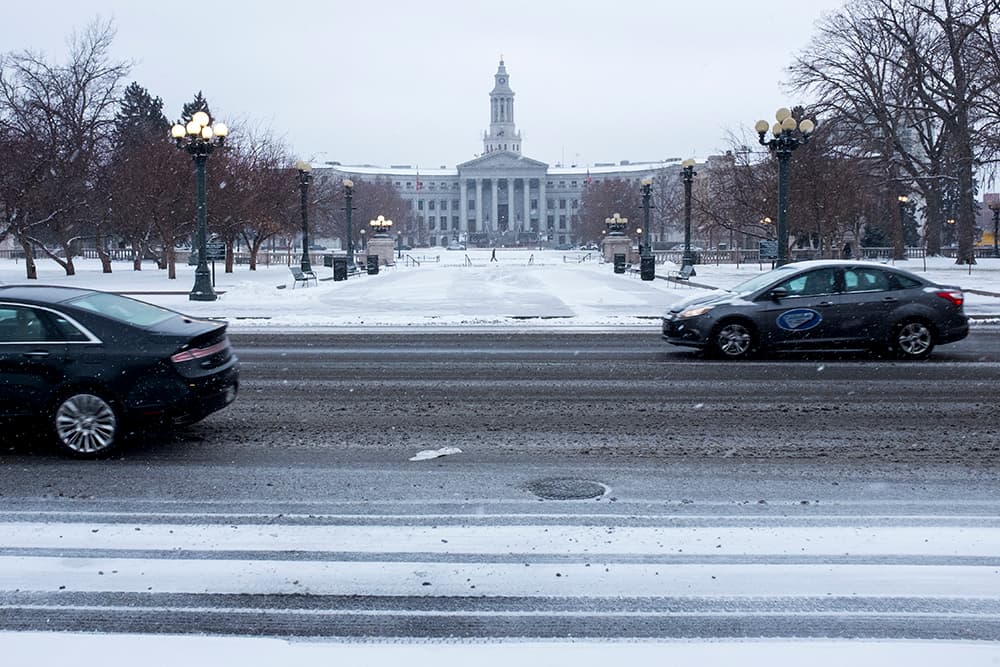The newest iteration of the Denver City Council is just three months old, yet members continue to flex their muscles and shake up the status quo, most recently with a pair of proposals that would give the legislative body final say over important hiring decisions.
One measure would require the Council's approval for the most important mayoral appointees -- his cabinet members. The 11 posts include the directors of planning, aviation (DIA), public works, finance, parks and recreation, environmental health, safety, general services, human services, the city attorney's office, and the business licensing department.
"Our strong mayor system would continue, but it would be something that would just require a little more thought around what appointments would make sense for these ... most powerful positions in our system," said Councilwoman Amanda Sawyer, who outlined her idea Monday at a committee meeting.
The mayor can currently appoint anyone he wants to those positions. The change to include Council would require an amendment to the city charter, which means voters would have to OK it.
Skye Stuart, Mayor Michael Hancock's legislative director, said the mayor's office "certainly has some concerns about the chilling effect it might have" on finding quality applicants, but Hancock has not taken a position on the proposal. Sawyer said that's not a bad thing.
"If it's going to be a person who for whatever reason would be of major concern of the majority of Council, then ... they shouldn't be a person who should be in that role," Sawyer said.
The first-year councilwoman told Denverite she put the bill forward because she was frustrated with how long it took to place a planning director -- more than a year.
The other flex: Making Denver's police and sheriff watchdog a Council-appointed position.
This proposal comes from Councilwoman Candi CdeBaca, who believes the branch of government being checked by the Office of the Independent Monitor shouldn't hold the keys to the position. The OIM is appointed by the mayor yet also monitors the police and sheriff departments under him.

"The main things that we're trying to do is complement some of the other ideas that have come forward to balance out the power of the strong mayor," CdeBaca said. "This was a position that was originally intended to be independent and it currently is appointed by the mayor, which I don't think really is up to what the true intent of the position was."
Ironically, the policy would require the mayor's signature because it's a change to city code. He could also veto the bill.
Stuart, Mayor Hancock's legislative director, said the mayor did not have a position on the change because "it's the first time I'm seeing it."
Both proposals will get a hearing at the Council's government committee before being advanced to the full legislative body.













